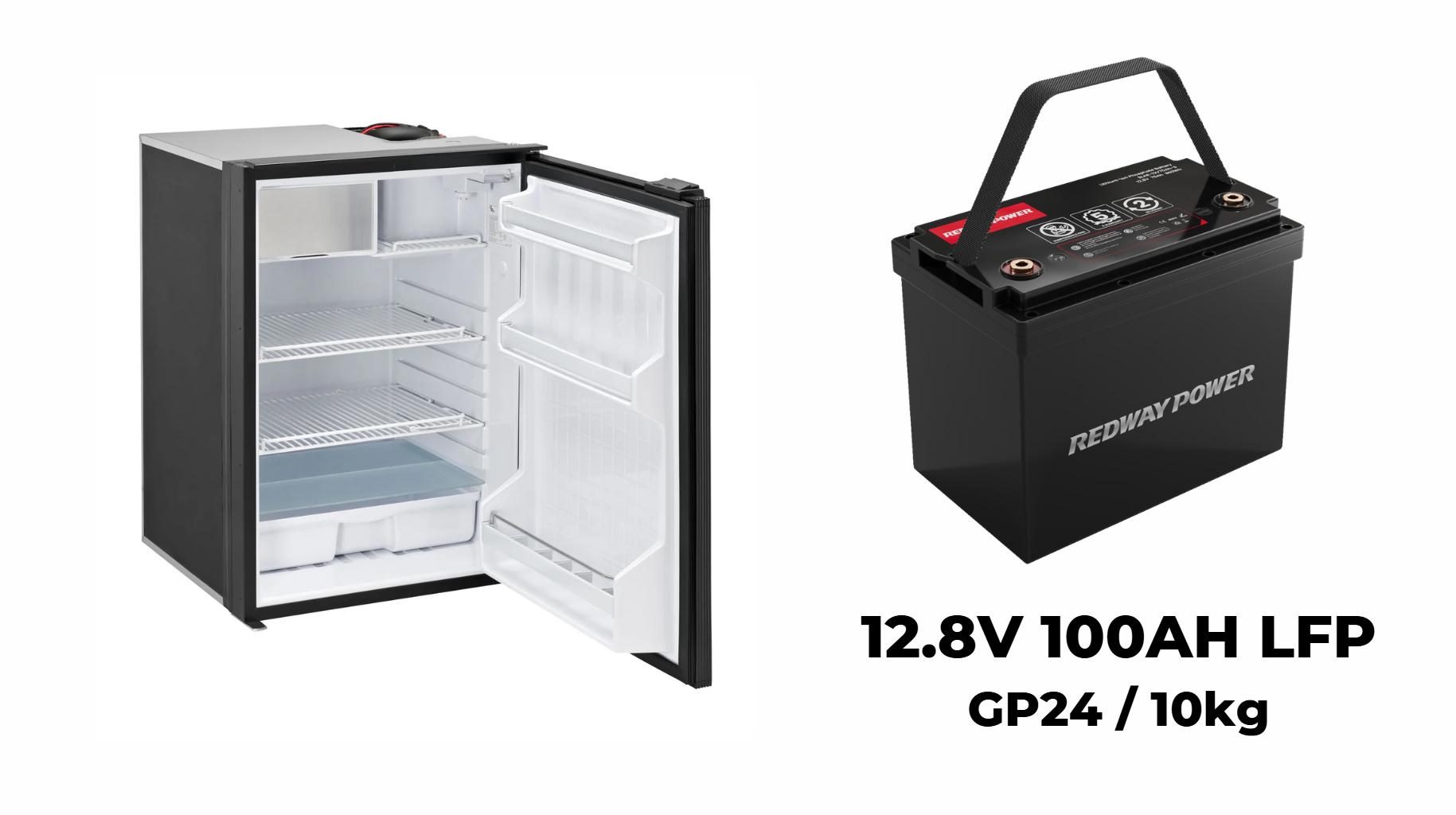
How Do Batteries Work in Refrigerators and What Are Common Myths?
Batteries are essential components in many modern appliances, including refrigerators, especially those designed for off-grid use. However, myths persist about storing batteries in fridges, suggesting it improves their lifespan. In reality, this practice can be detrimental. Understanding how battery-powered refrigerators function and the implications of temperature on battery performance is crucial.
How do battery-powered refrigerators operate?
Battery-powered refrigerators typically use DC (direct current) power supplied by rechargeable batteries. These fridges operate on a compressor system similar to conventional models but rely solely on battery energy. When the refrigerator is connected to a power source, it charges the batteries, which then supply energy when disconnected from mains power.The efficiency of these fridges can vary based on insulation quality, ambient temperature, and the type of battery used. Most models are designed to maintain low temperatures for extended periods, making them suitable for camping or emergency situations.
| Component | Function |
|---|---|
| Compressor | Circulates refrigerant to cool the interior |
| Battery | Stores energy for operation |
| Solar Panel (optional) | Charges the battery using sunlight |
What types of batteries are commonly used in refrigerators?
The most common types of batteries used in portable or off-grid refrigerators include:
- Lead-Acid Batteries: Traditional choice; reliable but heavier and less efficient.
- Lithium-Ion Batteries: Increasingly popular due to their lightweight design, higher energy density, and longer lifespan.
- Absorbent Glass Mat (AGM) Batteries: A type of lead-acid battery that is more efficient and has lower maintenance needs.
Each type has its advantages and disadvantages regarding weight, cost, efficiency, and lifespan.
What are the myths surrounding batteries stored in refrigerators?
One prevalent myth is that storing batteries in a refrigerator extends their life by keeping them cool. While it’s true that extreme heat can degrade battery performance, refrigeration can also cause condensation inside the battery casing, leading to corrosion and reduced functionality.Additionally, some believe that cold temperatures improve charge retention. In reality, while moderate cooling can slow down self-discharge rates, excessively cold temperatures can impair chemical reactions within the battery, leading to diminished performance.
| Myth | Reality |
|---|---|
| Batteries last longer in fridges | Cold can cause condensation and corrosion |
| Cold temperatures improve charge retention | Excessive cold impairs performance |
How does temperature affect battery performance in refrigeration systems?
Temperature significantly impacts battery performance. Generally:
- High Temperatures: Accelerate chemical reactions within batteries but can also lead to overheating and reduced lifespan.
- Low Temperatures: Slow down chemical reactions, which can diminish capacity temporarily but may also lead to permanent damage if too cold.
For optimal performance, manufacturers recommend keeping batteries at moderate room temperatures rather than extreme cold or heat.
Why is it not recommended to store batteries in the fridge?
Storing batteries in the refrigerator is not advisable due to several reasons:
- Condensation Risk: Moving a cold battery into a warm environment can cause moisture buildup inside the casing.
- Reduced Performance: Cold temperatures can temporarily reduce a battery’s ability to deliver power.
- Potential Damage: Some types of batteries may suffer from internal damage due to freezing temperatures.
Instead of refrigeration, it’s best to store batteries at room temperature in a dry environment.
What are better alternatives for battery storage?
For optimal longevity and performance, consider these alternatives:
- Cool Dry Place: Store batteries at room temperature away from direct sunlight or heat sources.
- Battery Storage Cases: Use specialized cases that provide insulation and protection from moisture.
- Regular Maintenance: Check charge levels periodically and ensure terminals are clean and free from corrosion.
These practices help maintain optimal performance without risking damage from inappropriate storage conditions.
Industrial News
Recent trends indicate a growing interest in sustainable energy solutions that utilize advanced battery technologies. Innovations such as lithium-ion and solid-state batteries are gaining traction due to their efficiency and environmental benefits. Additionally, companies are focusing on developing better insulation materials for refrigerators to enhance energy efficiency further. This shift reflects broader efforts toward reducing carbon footprints across various industries.
Lithium Battery Expert Views
“Understanding proper storage conditions for batteries is crucial,” says Dr. Lisa Tran, an expert in energy storage technologies. “While keeping them cool seems beneficial, it’s important to avoid extremes that could lead to condensation or freezing. Optimal storage conditions ensure longevity and reliability.” This insight emphasizes the importance of informed practices when handling energy storage devices.
